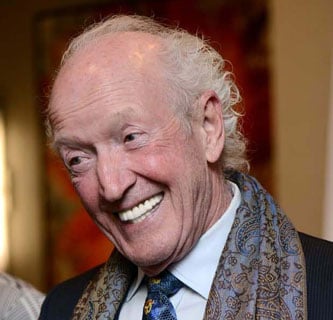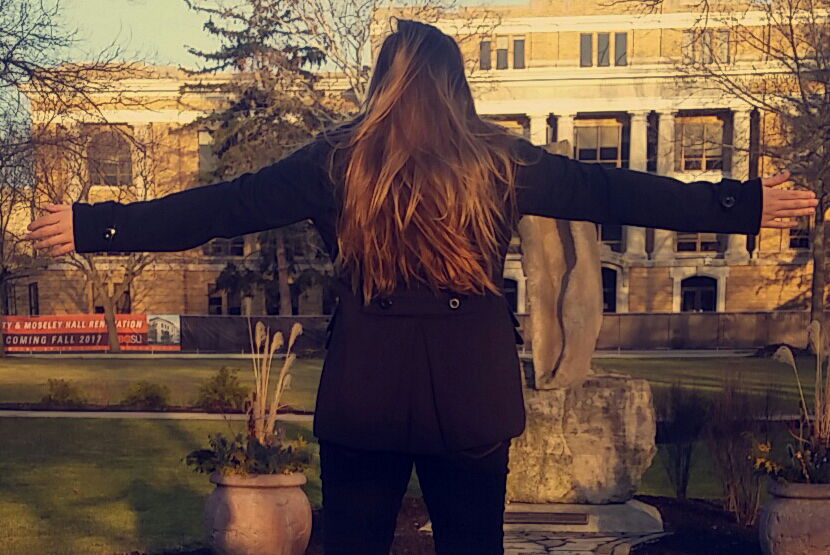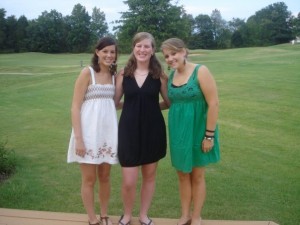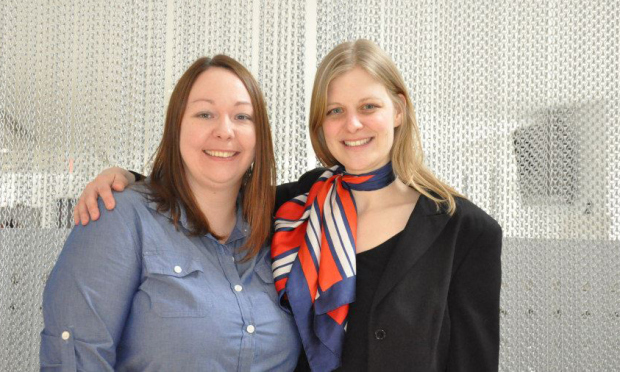Mentor Highlight: Herb Hamsher

By Herb Hamsher, Point Mentor and Honorary Board Member
Those who know me are familiar with my experience since childhood that being gay is a blessing and also with my absolute and concrete conviction that this community exists for a purpose, in the “cosmic sense of asking the Universe” some form of “why I am here?” / “what I am supposed to do with my life?”
My explanation of both of these points typically begins with my explanation that, in my view, “coming out” is not in fact so much about saying “I am gay”, as it is an existential moment in which you realize that quite literally ALL of the forces of the Universe are pushing you to be something/someone you are not. “All of the forces of the Universe” needs to be taken literally, albeit restricted to the human, social level. It includes religion, law, education, family, peer pressure, ……… ad infinitum (literally). To me, “coming out” is the act of standing up to those forces and saying, “Actually, that is not my experience. And my experience is between God and me and no one else. If someone has difficulty with who I am and how I have been created, I can actually understand that. After all, I am aware of the direction and intensity of all the forces in the Universe; I experience them! Therefore, I can both understand and have compassion for the difficulties experienced by people, obviously starting with my wonderful family who has always been very loving. They have the intention of expressing that love to me, including actually through pressuring me to be someone I am not. I recognize they have no education, experience, or training in relating to what I have come to a place of clarity about. Therefore I am willing to be their teacher and to, in essence, lead them to discover what is literally another way to be in the world: a way that is literally functionally autonomous and in which one discovers one’s experience and values not from the outside but from the inside and through experience and connection with the literal Universe.”
For the most recent era of my life, one of the things that has been particularly central for me has been Point Foundation, a non-profit organization devoted to finding stellar young people in our community with potential to become significant leaders, not only within their own lives, but within our community and in the process of our community leading the larger one to “another way to be in the world.” Point operates by not only providing some degree of financial assistance to those who need it, but also by providing individual and collective mentoring both in the specific educational and professional sense and in the sense of providing guidance about anything and everything in life. We operate from the observation that our community and our lives are highly distinctive in the sense that we “are born into families that (typically) do not share our identity.” Most humans grow up in situations and families who understand the challenges of growing up and support them in navigating the obstacles – some of which are, in fact, specific to identity and “minority status.” GLBT people literally have typically over my lifetime both felt they were totally alone in their experience of discovering they “are different” and they had to “make it up out of nothing” in becoming who they were becoming.
Point provides perhaps the first viable actual “intergenerational community” in which younger people can both relate in very open and “normal” ways with older people but also learn, openly, from the experiences the previous generations have had. What, for example, other minorities go through with their Jewish, African American, Muslim, Korean, Hispanic, etc. families, our Scholars experience with their mentors and our Point community. And, incidentally, it should be made clear that what one gets from an intergenerational Point community does not replace what one gets from one’s “other” family(s) but, in fact, adds to it and deepens it. What we in Point discover, in fact, is that being a Point Scholar often results in our Scholars having vastly closer and more authentic relationships with their families of origin.
What is relevant, however, to this discussion is what our Point applicants and Scholars have taught us about identity and naming. We have discovered over the years that we have continually needed to expand the options we provide for identifying both one’s “sexual orientation” and one’s “gender identity.” Young people keep teaching us how limited we are in our thinking. The ultimate value of mentoring is that it flows in both directions. That is why, although I appreciate people’s resistance to our seemingly endless addition of letters in designating our community, I say let’s follow our young, embrace their inspiring leadership in inclusion and just find a way to language it. Perhaps, ‘Leg- BIT-Que-A Community’. Knowing our young people, they will ultimately lead us even beyond this, but we are determined to keep up with them!
Related Posts
March 01, 2016, teampoint

What’s the Point? A Journey of Existentialism in College
By Point Scholar Joan Mosyjowski Going to college gave me the opportunity to build a new life from...
February 25, 2016, teampoint

The Woman In A Tie: Embracing My Butch Identity
By Point Scholar Sarah Bacot It was near the end of the interview when the request came: “You know,...
September 17, 2015, maryschan

One Point Scholar Reflects on her Mentor
I began my relationship with Point as many scholars likely did: wistfully from afar. I would scour...